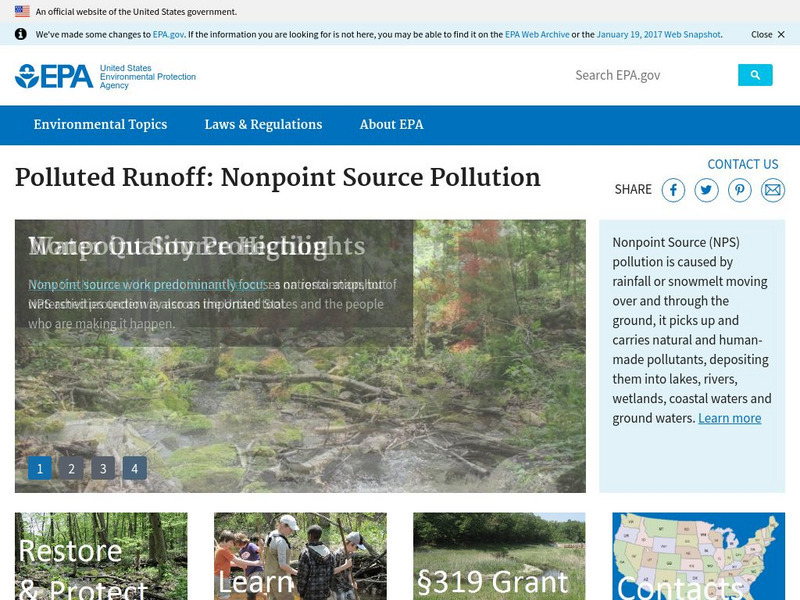Curated OER
Three is a Toxic Number
Future public health advocates read a case study of a combination of water pollutants that may be linked to autism. The class is split into three groups, one to research each of the suspected chemicals. The look at how each one affects...
Curated OER
Water Contamination Challenge
Students play a game to analyze further the effects of water contamination. In this environmental concerns lesson, students play an online game about water contamination and may visit the additional links to further their studies on the...
Curated OER
Endocrine Disruptors in Our Drinking Water: Should We Be Concerned?
Young scholars investigate the different hormone contaminants in the water supply. In this math lesson, students analyze data tables and graphs. They demonstrate exponential growth and decay using frog populations.
Curated OER
When You Were My Age, What Was This Place Like?
Students discover how land use in their community has changed. In this community and ecology lesson, students scan old newspapers to find articles about the development of community land. Students discuss and predict how land use has...
Curated OER
9-12: The Movie, "A Civil Action," as a Legal/Environmental Science Case Study
Students analyze information to determine how they can help a community that has been affected by water contamination. In this environmental science lesson, students watch portions of the movie "A Civil Action" and discuss specific...
Curated OER
Drinking Water
In this drinking water activity, students complete a crossword puzzle given 23 clues about drinking water purification, water content, contaminants, and softeners.
Curated OER
G is for Groundwater
In this groundwater worksheet, students read the sentences 'Groundwater is beneath the soil,' and 'G is for Groundwater.' Students may color the picture of the groundwater image.
Encyclopedia of Earth
Encyclopedia of Earth: Physics & Chemistry: Nitrate
Discusses the chemistry of nitrate, the negative agricultural effects of too much nitrate in soil and in water sources, its toxicity to plants and livestock, and the impact on human health.
Other
Museum of Health Care: Death in a Glass
Students can learn all about water pathogens in this online exhibit. They'll explore what kinds of micro-organisms infect water, how a water supply can get contaminated, how it is protected, and how officials investigate cases of...
Other
Clean Ocean Action
This site defines and describes causes of ocean pollution. Easily navigated links to education, research, and current issues on pollution.
NOAA
Noaa: National Ocean Service Education: Nonpoint Source Pollution
Illustrated tutorial explains nonpoint source pollution and its role in the health of the environment. Students learn about different sources of pollution and how these pollutants contaminate the land, air, and water. Click on the links...
PBS
Pbs News Hour Extra: Tracking the Health Effects of Natural Disasters
Students examine the impact of natural disasters, such as flooding, on public health, and study diseases and other secondary conditions associated with stagnant water. Lesson includes resources for students to research epidemics and...
Other
Nova Scotia Environment: Iron Bacteria and Sulphur Bacteria [Pdf]
Information page on iron bacteria and sulfur bacteria, both of which can affect the quality of drinking water from a well. Includes guidance on how to recognize their presence, what to do if there is a problem, and how to maintain water...
US Environmental Protection Agency
Epa: Water on Tap: What You Need to Know
Downloadable booklets with basic information about the U.S. water supply, e.g., where our drinking water comes from.
TeachEngineering
Teach Engineering: What's Gotten Into You?
In this activity, students use models to investigate the process and consequences of water contamination on the land, groundwater, and plants. This is a good introduction to building water filters found in the associated activity, The...
TeachEngineering
Teach Engineering: The Dirty Water Project
In this activity, students investigate different methods (aeration and filtering) for removing pollutants from water. They will design and build their own water filters.
US Environmental Protection Agency
Epa: Polluted Runoff: Nonpoint Source (Nps) Pollution
EPA site offers answers to what nonpoint source pollution is as well as provides links and information as to what concerned citizens can do about it.
Smithsonian Institution
National Museum of Natural History: Ocean Planet: Water Pollution Toxic Materials
This site, from an archived Smithsonian exhibit, describes and illustrates the effects of toxic materials on wildlife in bodies of water.
University of Arizona
University of Arizona: Pulse: Cultures and Cycles: Arsenic and Human Health
Interdisciplinary unit about the risk of exposure to arsenic in public drinking water. Math, language arts, social studies, and science are incorporated into the lessons.
Other
Uk Rivers Network: Finding Out About Water Pollution
Excellent site covers all types of water pollution. Hundreds of links including books, articles, organizations, specific topics.
University at Buffalo
Love Canal Collections: Love Canal Chronologies
Find chronologies from three different sources of Love Canal and its chemical contamination. Read about how the investigation of this environmental disaster progressed over the years.
Aetna Intelihealth
Aetna: Inteli Health: Hepatitis A
Intelihealth provides facts about hepatitis A and information about its symptoms, prevention, and treatment.
University of Missouri
Microbes in Action: Classroom Activities: Water Quality Testing [Pdf]
In this experiment, students will test the quality of a water sample by observing the number of coliform bacteria. Coliform bacteria are found in human intestines and a large amount can indicate water contamination. Lesson plan gives a...
Other
Zero Waste America: Landfills
Lists landfill issues such as leakage, water contamination, air emissions, and hazardous waste dumping. Gives extensive documentation site links.




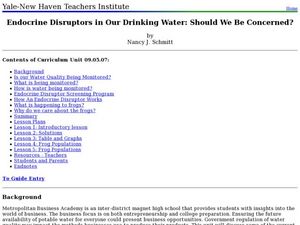
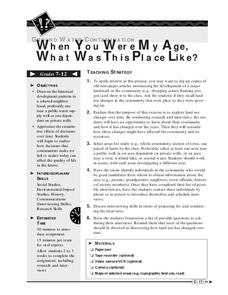
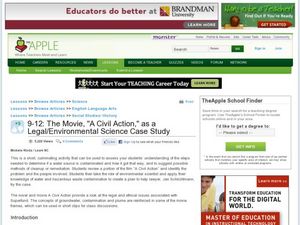


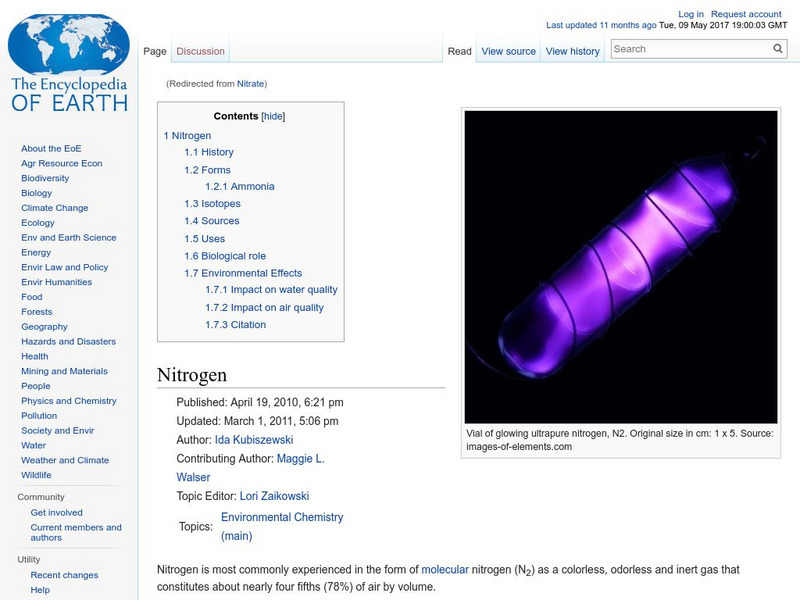



![Nova Scotia Environment: Iron Bacteria and Sulphur Bacteria [Pdf] Website Nova Scotia Environment: Iron Bacteria and Sulphur Bacteria [Pdf] Website](http://content.lessonplanet.com/resources/thumbnails/410103/large/bwluav9tywdpy2symdiwmduymc0xodkwni0xnjd4bw8uanbn.jpg?1589985415)



